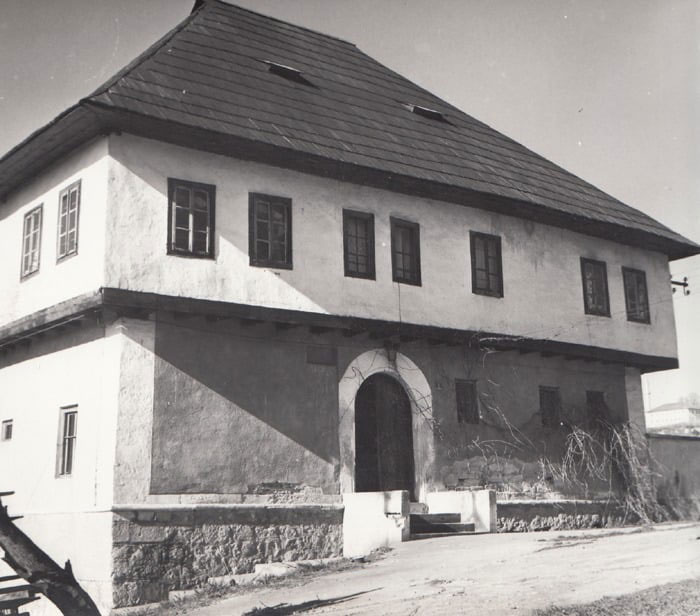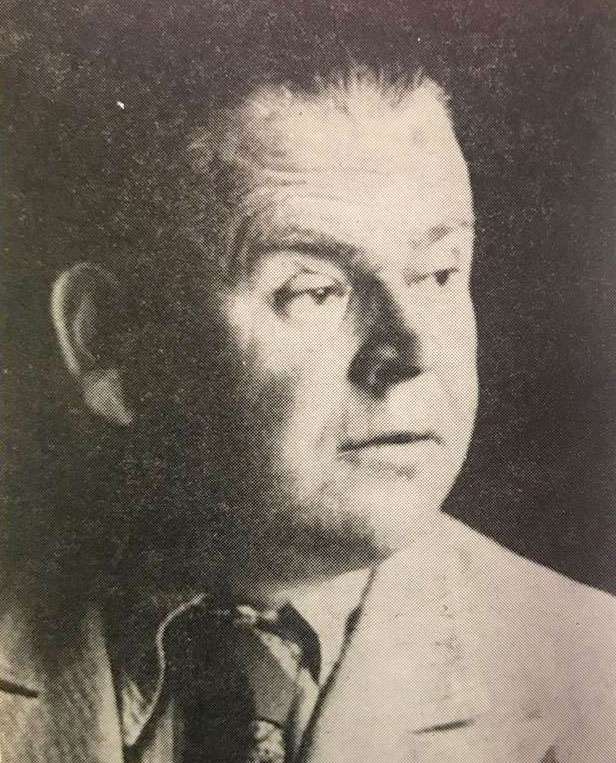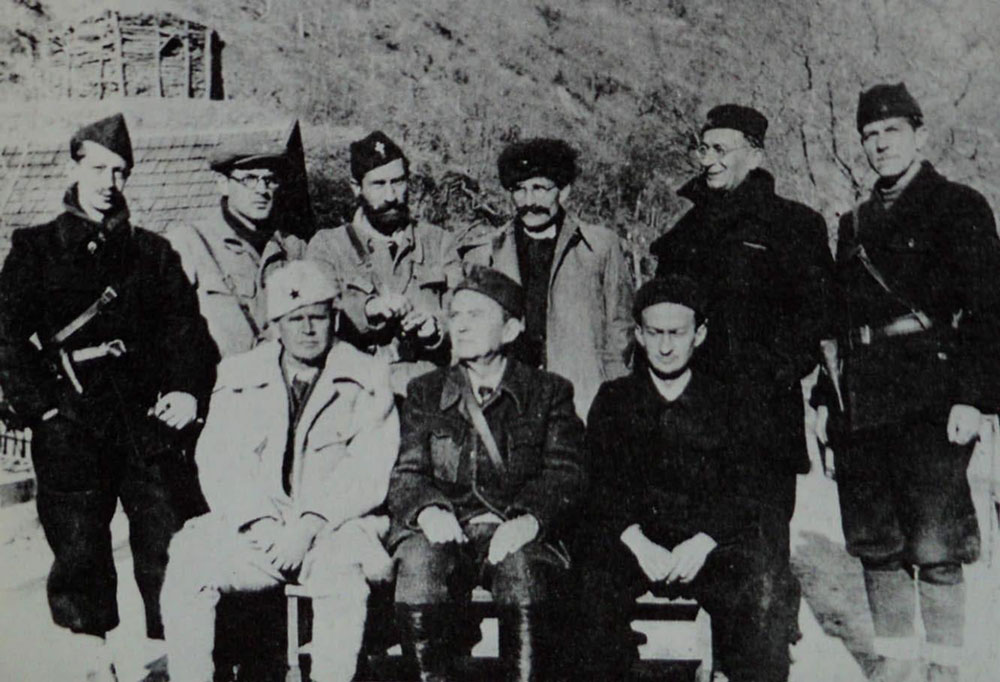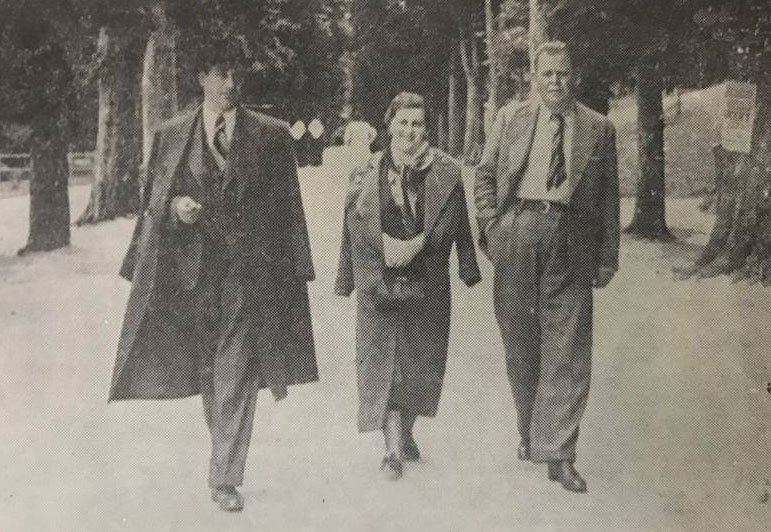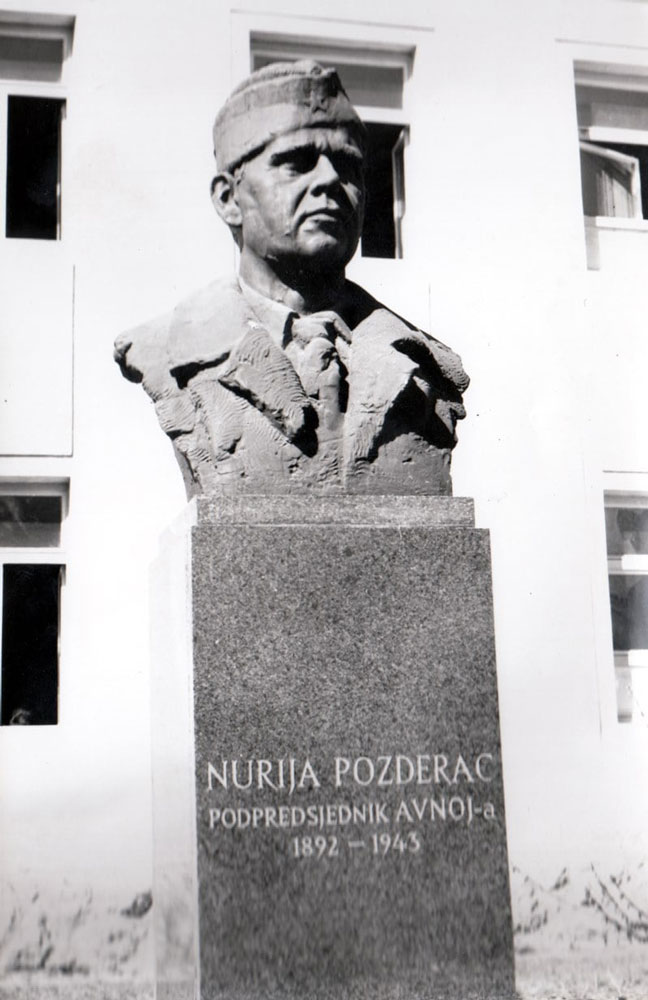Nurija Pozderac – Rescuer and Partisan
Nurija Pozderac was a prominent citizen in Cazin, a small town near Bihać, in northwestern Bosnia. Born in 1982, he received his education in Bihać and in Sarajevo, became a school teacher and played a significant role in the political life of the Bihać region after World War I: He joined the Yugoslav Muslim Organization and became a member of the Parliamentary Assembly of the Kingdom of Yugoslavia, as representative of the Cazin region.
After the German attack on Yugoslavia and the creation of the fascist “Independent State of Croatia” in April 1941, the new regime looked for support to establish its power. The Ustaša leader in Bihać, Ljubomir Kvaternik, knew that he had to win the favor of the local powerful, especially Abdulah Ibrahimpašić in Bihać and Nurija Pozderac in Cazin. As Ibrahimpašić had shown disobedience to Kvaternik earlier, he went to Cazin in the summer of 1941 to talk to Pozderac. However, Pozderac vehemently refused any meeting with Kvaternik and rejected cooperation with the Ustasha authorities. In June 1941, the persecution of Jews and Serbs in Bihać began. Most local Jews ended up in the camp near Bosanski Petrovac in the village of Bukovača. However, a significant number chose to go to Cazin, a town just thirty kilometers away from Bihać. Most Jews hoped that Nurija Pozderac could save them, given his reputation and support from the local population, demonstrated months earlier when he drove away a group of Ustasha planning to kill some local Serbs. Nurija and Delveta saved several dozen Jews.
When the Partisans liberated Bihać in late 1942, Nurija joined them. He was also a participant in the First Session of the Anti-Fascist Assembly of the People’s Liberation of Yugoslavia (AVNOJ), held on November 26 and 27 in Bihać. At this session, he was elected vice president of the Executive Board of AVNOJ. When the German-Ustasha offensive began on the Bihać Republic in late January 1943, Nurija left the town with the Partisans. He participated in the Battle of the Neretva, which began in March 1943. He was also involved in the Battle of Sutjeska, where he was wounded on 8 June 1943. Several days later, on 12 June 1943, he succumbed to his injuries. His wife Delveta, who remained in Cazin, was soon arrested, and the Ustasha took her to a camp in Bosanski Novi, and then to Gradiška. She was saved thanks to the intervention of Josip Broz Tito, who, in exchange for her, handed over a captured German officer.
Nuria Pozderac was posthumously awarded the Order of the People’s Liberation of Yugoslavia, and the Yad Vashem Memorial Institution for Holocaust Victims and Heroes awarded Nurija and his wife Devleta the “Righteous Among the Nations” award in 2012 for rescuing a group of Jews after they escaped from a transport to Jasenovac camp.
Dino Dupanović


